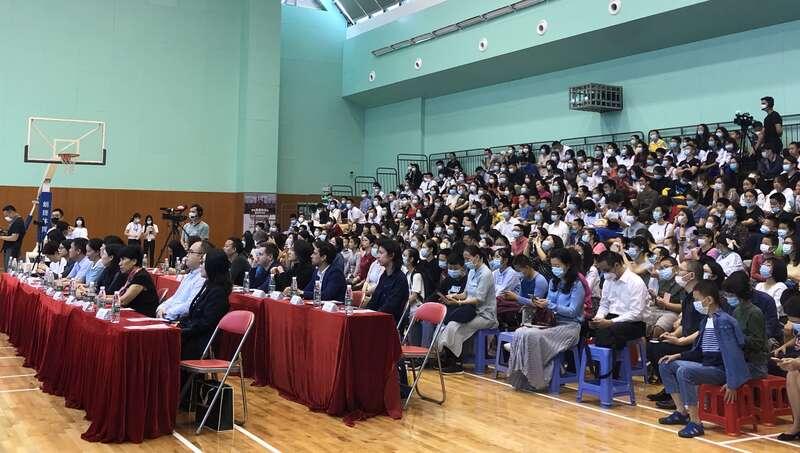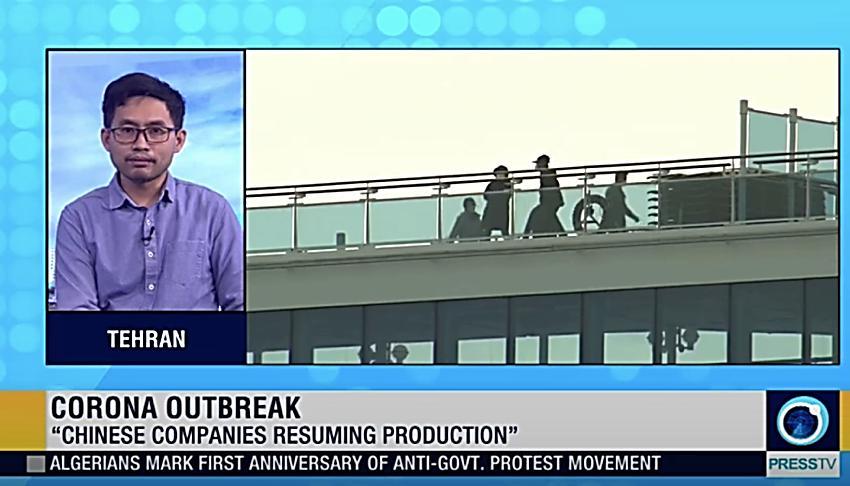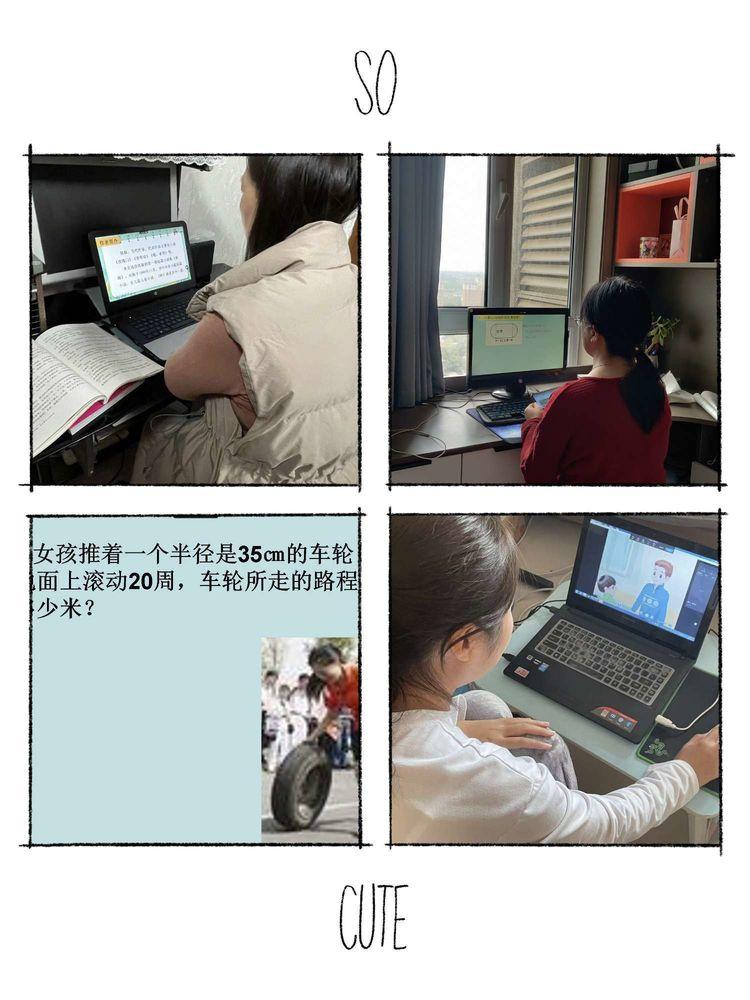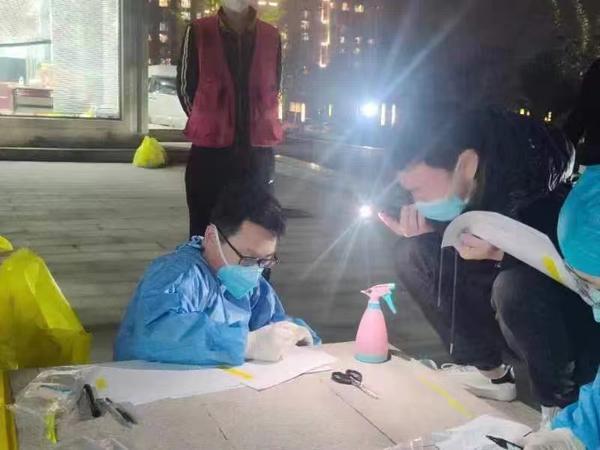Global Collaboration and Individual Responsibility in the English Perspective of Pandemic Control and Prevention Campaigns
In the face of the ongoing COVID-19 pandemic, the world has witnessed unprecedented challenges that have tested the resilience of societies and healthcare systems alike. The pandemic has underscored the importance of effective communication, collaboration, and individual responsibility in mitigating its spread. This article aims to explore the role of effective COVID-19 prevention and control propaganda in fostering global cooperation while emphasizing personal hygiene practices. By adopting a multidisciplinary approach, we will delve into the scientific basis of the measures, the importance of accurate information dissemination, and the role of each individual in this collective endeavor.
The Scientific Foundation: Understanding Transmission Dynamics
The first step in designing effective COVID-19 prevention strategies is understanding the mode of transmission. SARS-CoV-2, the virus that causes COVID-19, is primarily spread through respiratory droplets produced when an infected person coughs, sneezes, or talks. These droplets can land in the mouths or noses of nearby individuals, leading to infection. Additionally, the virus can survive on surfaces for a certain period, making indirect contact through contaminated objects a potential risk as well.
The Importance of Accurate Information Dissemination
Misinformation and disinformation about the pandemic have been rampant, undermining public trust in official sources and compromising public health efforts. The World Health Organization (WHO) and other reputable health organizations emphasize the critical role of accurate information in controlling the pandemic. Effective COVID-19 prevention propaganda must be based on scientific evidence and must be delivered in a clear, concise, and accessible manner. This includes explaining the basics of the virus, the modes of transmission, and the importance of personal protective measures such as wearing masks, social distancing, and hand hygiene.
Global Collaboration: A Shared Responsibility
The COVID-19 pandemic knows no borders, and its impact is felt globally. Therefore, effective prevention strategies must be implemented on an international scale. This requires collaboration among governments, international organizations, private sectors, and civil society. The United Nations (UN) has played a pivotal role in coordinating global efforts, while the WHO has provided technical guidance and resources to member states.
Governmental Efforts
Governments have a crucial role in setting policies and enforcing regulations to control the spread of the virus. This includes implementing lockdowns, testing strategies, tracing contacts of infected individuals, and providing essential services while ensuring social distancing measures are observed. Effective communication campaigns are also crucial to educate the public about the importance of compliance with these measures.
International Organizations and Aid
International organizations like the WHO, the UN Children's Fund (UNICEF), and the World Bank have provided technical assistance, financial support, and logistical resources to countries with limited resources. They have also advocated for equitable access to vaccines and medical supplies globally. The sharing of scientific data and best practices among countries has been instrumental in accelerating research and development efforts for new treatments and vaccines.
Private Sector Involvement
The private sector has a significant role to play in supporting COVID-19 prevention efforts. Companies have donated funds, medical equipment, and personal protective equipment (PPE) to healthcare workers on the frontline. They have also adapted their operations to ensure continued supply chains for essential goods while promoting work-from-home policies to reduce transmission risks. Additionally, technology companies have developed tools such as digital contact tracing apps and telemedicine platforms to enhance public health response.
Civil Society Engagement
Civil society organizations have played a vital role in raising awareness about COVID-19 prevention measures through community outreach programs, volunteer activities, and advocacy work. They have also ensured that marginalized communities are not left behind in receiving essential services such as testing and vaccination. The involvement of local communities in decision-making processes has been crucial in ensuring that prevention measures are culturally sensitive and acceptable.
Personal Responsibility: A Key Component
While global collaboration and government interventions are essential, individual actions hold the key to breaking the chain of transmission. Each person's responsibility to protect themselves and others from infection is paramount. The following practices are central to personal protection:
Wearing a Mask: Wearing a mask in public places is an effective way to reduce the spread of respiratory droplets. It is particularly important when social distancing is difficult to maintain.
Social Distancing: Maintaining a physical distance of at least six feet from others when possible is crucial in reducing exposure risks. This practice is especially important in crowded places or when interacting with people outside one's household.
Hand Hygiene: Regularly washing hands with soap and water for at least 20 seconds or using an alcohol-based hand sanitizer is vital in reducing the risk of infection through contaminated surfaces.
Staying Home when Sick: Individuals who feel unwell should stay home and avoid public places to prevent spreading the virus to others. This includes working from home if possible and avoiding non-essential travel.












 京ICP备11000001号
京ICP备11000001号
还没有评论,来说两句吧...